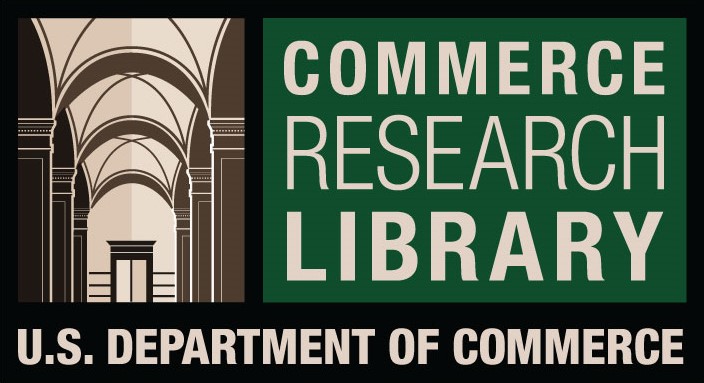USING VIRAL MARKETING THROUGH SOCIAL NETWORKS: A STATISTICAL STUDY
DOI:
https://doi.org/10.61841/p13zr905Keywords:
-Viral marketing, Social networks ,, Online marketing, Facebooke, YouTubeAbstract
Viral marketing is a type of marketing that spreads message of communication from one person to another like a virus. Theobjectives of this paper are: 1) achieve a research study on the impact of viral marketing on the desire of consumers in a number of social networking sites such as Facebook, YouTube, and Instagram; 2) perform a statistical analysis on these social networking sites to determine the most commonly used web site by our research sample; 3) determine the most important topics that the research sample cares about when using social media.To achieve the goals of this paper, the employed sample included 200 users from academic community in different specialties and faculties, those usually use social networks sites such as Facebook, YouTube, and Instagram. A survey paper was distributed to the research sample which contains a set of questions in order to achieve the goals presented above.The results showed that Facebook comes primarily as an important toolof viral marketingfollowed by YouTube and then Instagram. Furthermore, we found that the media materials supported by videos and images are more affect the wishes of consumers compared to other advertisements. Finally, there was a significant impact of viral marketing on the wishes of the consumers when they use social media.
Downloads
References
1. E. a. B. T. Akar, "An examination of the factors influencing consumers' attitudes toward social media marketing," Journal of Internet Commerce , pp. 35-67, 2011.
2. A. J. a. E. K. Kim, "Impacts of luxury fashion brand’s social media marketing on customer relationship and purchase intention," Journal of Global Fashion Marketing 1, pp. 164-171, 2010.
3. K. D. Y. a. P. N. Kapoor, "Pay-per-click advertising: A literature review.," The Marketing Review,
pp. 183-202., 2016.
4. K. G. L. R. L. a. P. K. Hampton, " Social networking sites and our lives," Pew Internet & American Life Project, vol. 16, pp. 1-85, 2011.
5. A. a. K. E. Kim, "Do social media marketing activities enhance customer equity? An empirical study of luxury fashion brand. Journal of Business research," vol. 65, no. 10, pp. 1480-1486, 2012.
6. K. H. N. a. H. T. Huynh, "Factors Affecting the Success of Viral Marketing An Affective— Cognitive—Behavioral Process," Bus. Manag. Res, vol. 5, pp. 40-45, 2016.
7. M. A. B. M. Y. K. D. N. P. R. a. R. I. Shareef, "Social media marketing: Comparative effect of advertisement sources," Journal of Retailing and Consumer Services , vol. 46, pp. 58-69., 2016.
Downloads
Published
Issue
Section
License

This work is licensed under a Creative Commons Attribution 4.0 International License.
You are free to:
- Share — copy and redistribute the material in any medium or format for any purpose, even commercially.
- Adapt — remix, transform, and build upon the material for any purpose, even commercially.
- The licensor cannot revoke these freedoms as long as you follow the license terms.
Under the following terms:
- Attribution — You must give appropriate credit , provide a link to the license, and indicate if changes were made . You may do so in any reasonable manner, but not in any way that suggests the licensor endorses you or your use.
- No additional restrictions — You may not apply legal terms or technological measures that legally restrict others from doing anything the license permits.
Notices:
You do not have to comply with the license for elements of the material in the public domain or where your use is permitted by an applicable exception or limitation .
No warranties are given. The license may not give you all of the permissions necessary for your intended use. For example, other rights such as publicity, privacy, or moral rights may limit how you use the material.









